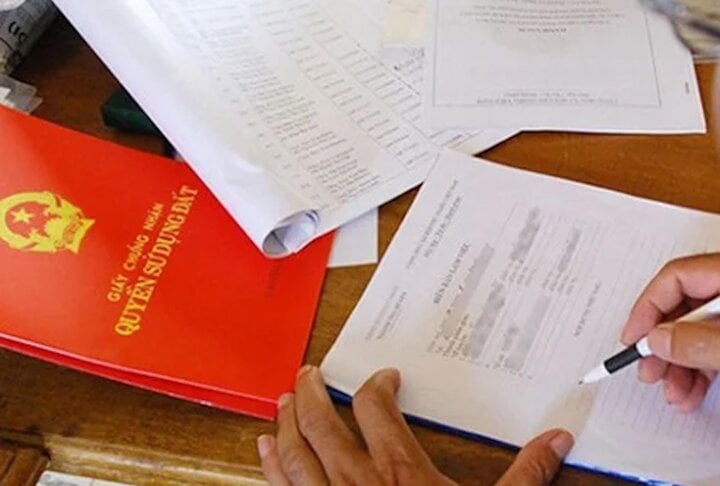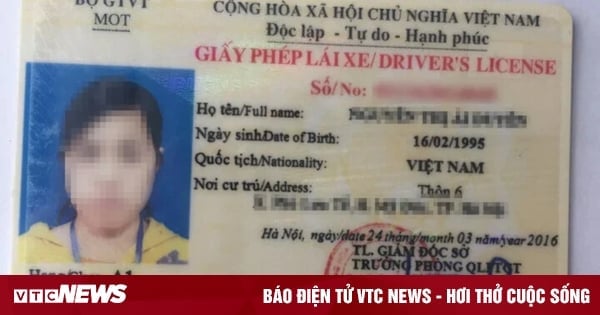Point a, Clause 4, Article 95 of the 2013 Land Law clearly states that land users must register land changes when transferring land use rights.
In addition, Clause 6, Article 95 of this Law also stipulates: " In cases of registration of changes specified in Points a, b, h, i, k and l, Clause 4 of this Article, within no more than 30 days from the date of change, the land user must carry out the change registration procedure; in case of inheritance of land use rights, the time limit for registration of changes is calculated from the date of completion of division of land use rights as inheritance. "
Thus, when transferring land use rights, the parties must carry out the procedure for registering changes (transferring the name of the red book). The registration of changes must be carried out within no more than 30 days from the date of change.

Buyers may encounter many legal risks during land use if they have conducted land transactions but have not yet transferred the ownership.
In case of transferring money but not transferring the red book, the buyer may encounter the following risks:
- Disputes are likely to arise during land use;
- On legal documents, the land still belongs to the "old owner", when a dispute occurs, it is difficult for the buyer to have their rights guaranteed;
- Buyers are restricted from transactions related to land use rights such as: Transferring to others; donating; inheriting;
- Administratively sanctioned according to Decree 91/2019/ND-CP
Buyers may encounter many legal risks during the land use process if they have conducted a land sale transaction but have not yet transferred the title. So, what should buyers do to ensure their rights in this case?
In case after contacting to negotiate and reach an agreement on the registration of changes in land use rights, the buyer still deliberately avoids and does not carry out the name change procedure or does not cooperate to carry out the procedure, the buyer has the right to file a lawsuit requesting the court to resolve the matter.
According to the provisions of civil procedure law, anyone who initiates a lawsuit must have documents and evidence to prove the lawsuit request, otherwise the court will reject the lawsuit request.
When submitting documents and evidence with the petition, it is not necessary to submit everything the petitioner has; instead, it is only necessary to submit documents and evidence proving the petition request.
Pursuant to Clause 9, Article 26, Point a, Clause 1, Article 35 and Point c, Clause 1, Article 39 of the 2015 Civil Procedure Code, the plaintiff shall file a petition at the District People's Court (district, county, town, city under a province, city under a centrally-run city) where the disputed land is located if the dispute is between households or individuals using the land.
In case the parties sign a contract to transfer land use rights but it has not been notarized or authenticated, the transaction to receive the transfer of land use rights will not be recognized by law and will be an invalid transaction according to Article 129 of the 2015 Civil Code (due to violating the mandatory formal conditions of notarization and authentication of the contract).
Accordingly, the legal consequences of an invalid contract under Clause 2 and 3, Article 407 of the 2015 Civil Code are that it does not give rise to rights and obligations of the parties.
Therefore, when filing a lawsuit to resolve a dispute, the court will order the parties to restore the original state, the seller to return the money, the buyer to return the land. The party at fault for invalidating the contract will have to compensate for damages.
BAO HUNG
Source









































Comment (0)